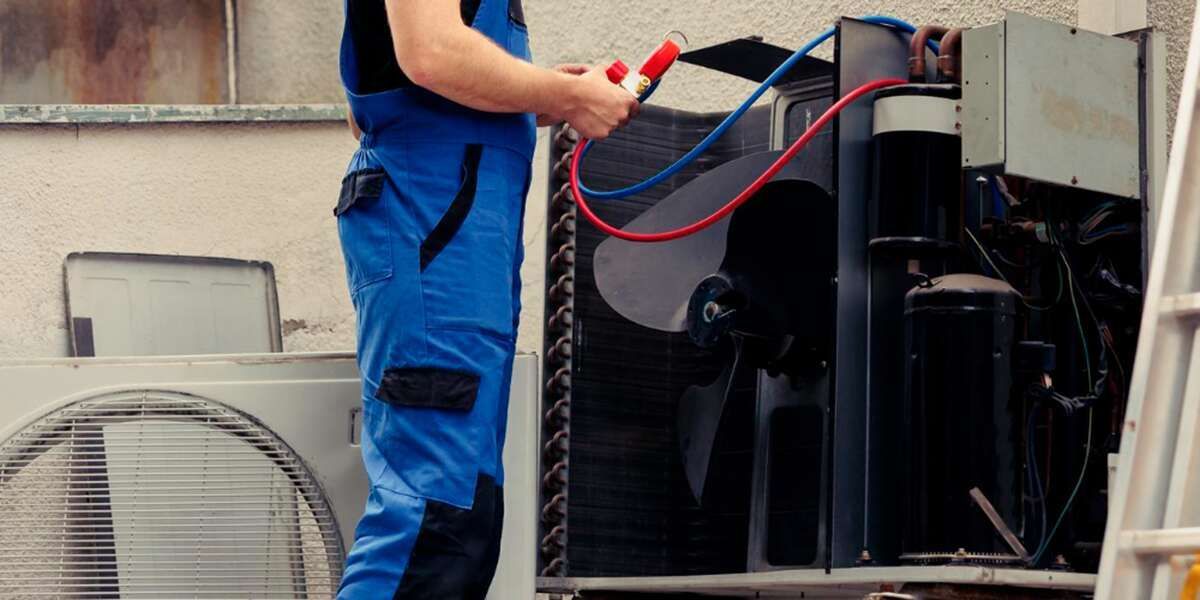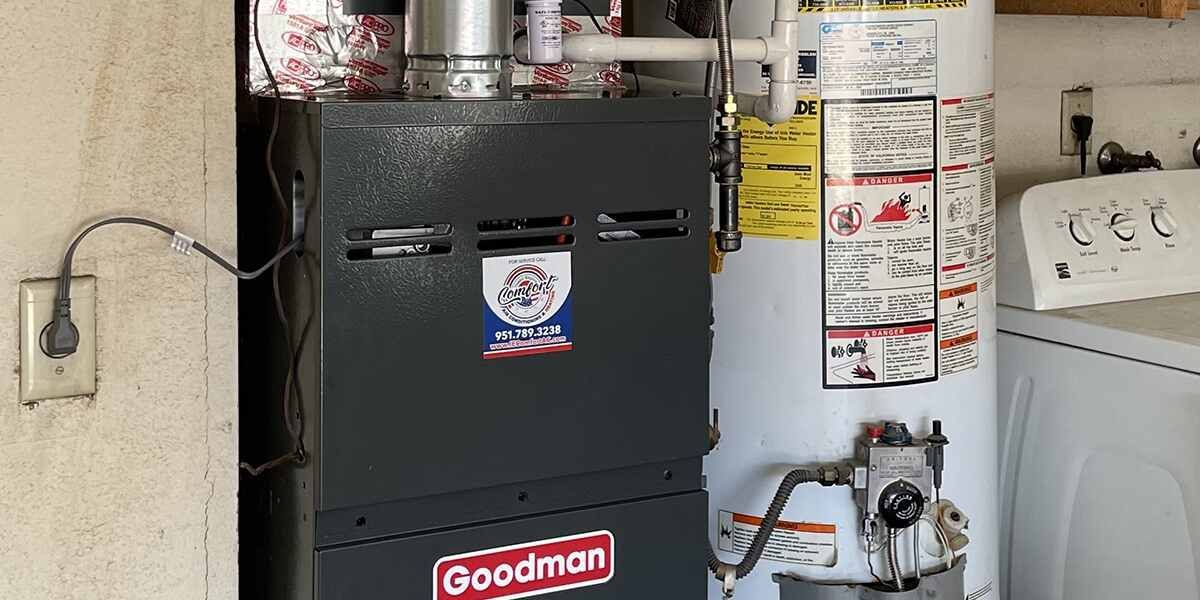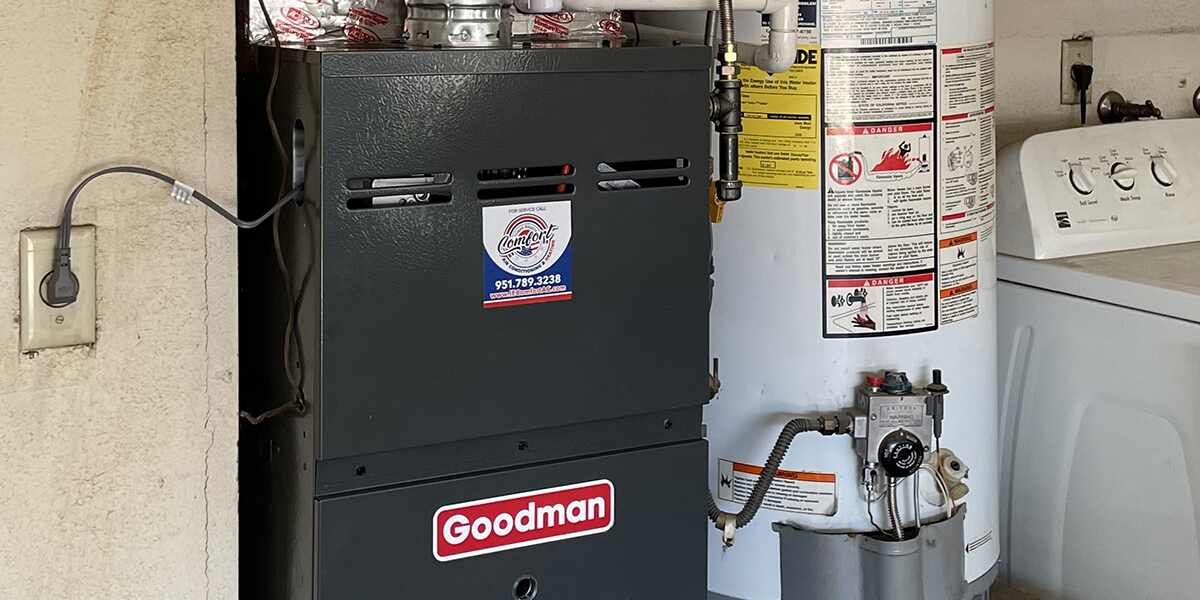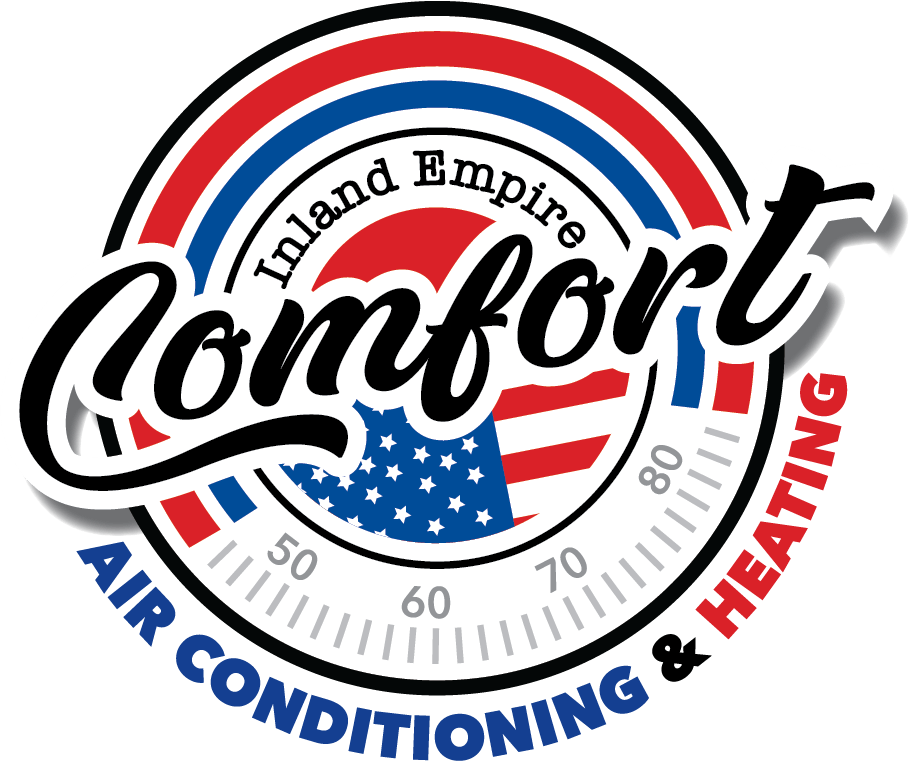6 Reasons Why Your HVAC Smells Musty: How to Resolve
You expect your home to have clean air with a fresh scent, so it can be shocking to turn on your air conditioner and realize your HVAC smells musty. These systems circulate air throughout the home. If something is producing a foul odor in the AC unit, the smell will quickly travel to every room in the house.
Mold is likely the reason why your HVAC has a musty scent. At Inland Empire Comfort in Riverside, CA, our HVAC technicians know all about bad smells from air conditioners. Our team can identify the source of the stench and quickly address it.
6 Reasons Why Your HVAC Smells Musty
1. Dirty Evaporator Coil
An AC unit’s evaporator coil is responsible for absorbing heat from indoor air so that the blower fan can circulate cooler air throughout the property. For the heat exchange to occur, air must flow over the coil. The refrigerant inside the component is what attracts the heat.
Indoor air often contains many airborne pollutants like pollen, pet dander, and dust. Though the air conditioner’s filter will trap particles, dust and debris can still accumulate on the coil. Unless you change or clean the filter every one to three months, the dirty filter can become a breeding ground for mold.
Mold and mildew usually have a musty odor. These fungal growths thrive in dark, warm environments, making the evaporator coil inside a prime place for mold to grow.
2. Frozen Evaporator Coil
Your air conditioner’s evaporator coils not only draw heat from the air circulating over them. They also remove humidity from the air before blowing it back into the house. Unrestricted airflow is essential to this process, which is why the air conditioner needs a clean air filter, and evaporator coils must be free of dirt and debris.
Unfortunately, mold isn’t the only problem of a dirty system. Filters full of debris will restrict airflow through the unit and over the coils.
Without sufficient airflow, moisture from humid indoor air will release droplets on the evaporator coil. The refrigerant inside the component will freeze the water as it cools the air. However, frozen coils reduce the system’s cooling abilities, leading to higher indoor humidity levels and mold and mildew inside the unit.
3. Full Drain Pan
It’s expected for a functional air conditioner to produce condensation from the moisture it removes from indoor air. The system includes a drip pan beneath the air handler to catch water droplets.
Ideally, moisture would evaporate from the drip pan. However, standing water can attract mold. Without immediate removal and cleaning, the mold could turn into a smelly, jelly-like sludge that could clog drain lines and reduce the system’s efficiency.
4. Leak in Air Ducts
Mold can grow in surprising places, including ductwork. Mold spores are everywhere, and they usually don’t pose problems to buildings. However, if an air duct has moisture and warmth, mold spores will settle in it and quickly spread.
Air ducts transporting cool air from the air conditioner might not be a good place for mold to thrive. However, if ductwork has a crack, warm air could leak inside, causing a temperature differential. The presence of cold and warm air can produce condensation inside the ducts, giving mold an excellent location to settle and multiply.
5. Blocked Condensate Drain Line
An AC unit’s condensate line is a small PVC pipe near the condenser unit, which is the outside portion of an air conditioning system. It is responsible for draining water from the unit’s drip pan into a storm drain or your yard.
This AC component is another place where musty-smelling mold can grow. Since it has a narrow opening and constant exposure to moisture and air, the condensate line provides the ideal environment for mold, mildew, and smelly sludge. It’s not uncommon for a condensate drain line to form a clog, which could cause your HVAC system to emit foul odors into your home.
6. Incorrect AC Size
Air conditioning sizes will affect system performance if the unit’s size does not suit the property’s square footage. People often assume that a bigger AC unit means more efficient cooling capabilities, but that isn’t accurate.
If an air conditioning system is too big for the house’s size, you could have another mildew issue on your hands. Discrepancies between AC unit size and property square footage can force the system to draw in fresh air too quickly. The fast circulation prevents the cooling system from dehumidifying the air.
The result of a lack of dehumidification is excess moisture in indoor air. An increase in humidity not only puts your HVAC system at risk for mildew growth, but it can also cause growths on carpeting, walls, upholstery, and other parts of your home.
How to Address the Bad Smell
Receiving HVAC maintenance from a reputable heating and cooling company is the best way to resolve musty odors from AC units. HVAC maintenance programs are annual contracts that include specific services to keep systems running smoothly, such as cleaning the evaporator coils, replacing air filters, and treating the drain line.
If the problem is too much for an annual HVAC cleaning to handle, installing indoor air quality products can eliminate mold and mildew.
HVAC Repair
If your HVAC smells musty, Inland Empire Comfort’s HVAC services can immediately address the issue. We are a 5-star rated heating and cooling company serving residents in Riverside, CA, and the surrounding areas. Our team consists of some of the best technicians in the industry who provide world-class AC repair, installation, replacement, and maintenance services.
We also offer indoor air quality services like filter replacement and air duct cleaning. Not only can we improve the efficiency of your AC unit, but we can also remove unwanted airborne pollutants from your home.
Learn More About HVAC Repair in Riverside, CA
Reach out to Inland Empire Comfort in Riverside, CA, when you need professional furnace and AC replacement, repair, and more. Call (951) 336-8709 today to speak with a helpful HVAC technician about your needs.
You might also like
Inland Empire Comfort
Book a Service Today
We will get back to you as soon as possible
Please try again later
Location
19071 Newsome Rd Riverside, CA 92508
NAVIGATION LINKS
All Rights Reserved | Inland Empire Comfort



